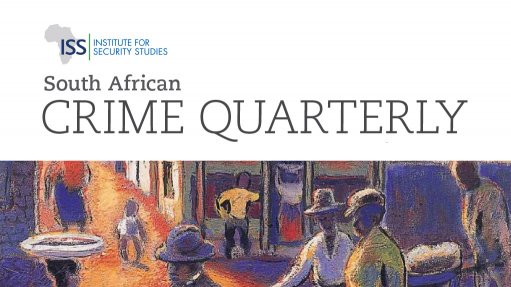
By the time you read this edition of South African Crime Quarterly the report from the Farlam Commission of Inquiry into the police massacre of mineworkers at Marikana will finally have been made public.
The Commission’s report was handed to President Jacob Zuma on 31 March but he refused to make it public until 30 June, claiming that he needed time to consider the findings and recommendations before tabling it in Parliament. Injured mineworkers and the families of those who died were deeply frustrated but the slow pace of progress. They were concerned that the delay would affect their ability to lay civil claims against those in the police who were to be found responsible for the shootings. They were supported by civil society organisations, such as the Right To Know Campaign, which shared their concerns.
There was much suspicion that the president was delaying the report to give himself enough time to make deals with those who are found responsible, and to protect them from justice. He laid the basis for such suspicion by paying out National Prosecuting Authority (NPA) head Mxolisi Nxasana an amount of R17.5 million to leave office after Zuma abandoned an inquiry into his fitness to hold office.1 There were also deep concerns about who Zuma would appoint as the new head of the NPA, given his weak choices to date and the 783 corruption charges that may one day be reinstituted against him. His appointment of Adv Shaun Abrahams have allayed those concerns for the time being. But increasingly the ability of citizens in South Africa to hold political leaders to account is being called into question, as is trust in parliament and political leaders. Despite the Farlam Commission having concluded with damning findings against the Commissioner of Police we are far from the end or from final resolution.
Given the crises of leadership affecting the SAPS, it seems ironic that this edition of South African Crime Quarterly focuses on regular policing matters – but despite the growing uncertainty in South Africa about whether citizens, or even the courts, are able to hold elected politicians to account, the daily grind of criminal justice must go on.
The South African Crime Quarterly is made possible through funding provided by the Hanns Seidel Foundation and Ford Foundation. The ISS is also grateful for support from the following members of the ISS Partnership Forum: Governments of Australia, Canada, Denmark, Finland, Japan, Netherlands, Norway, Sweden and the USA.